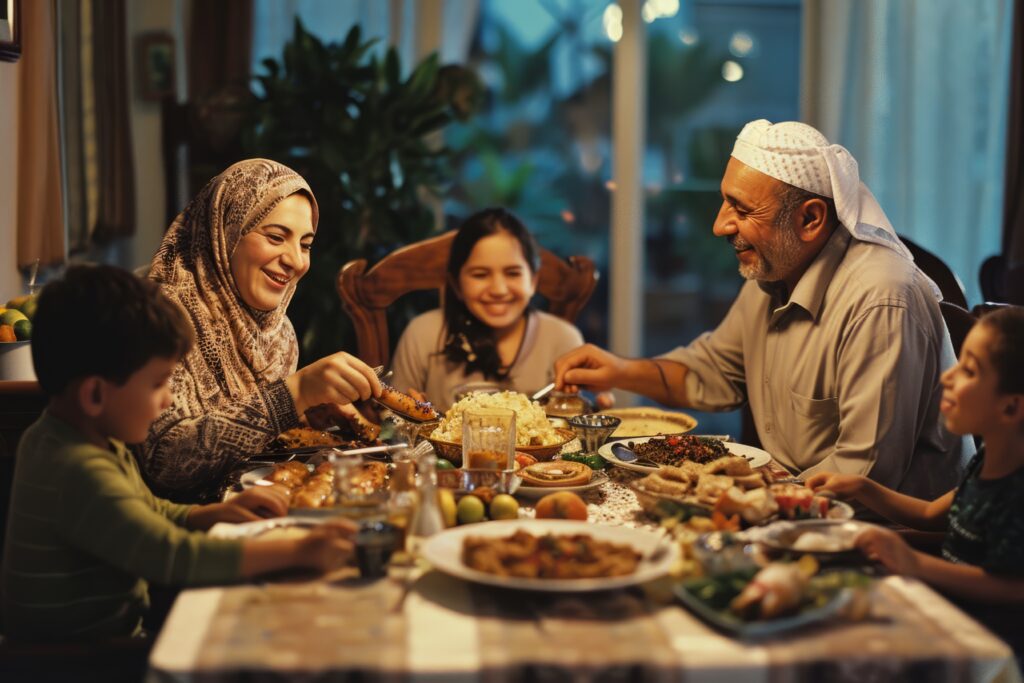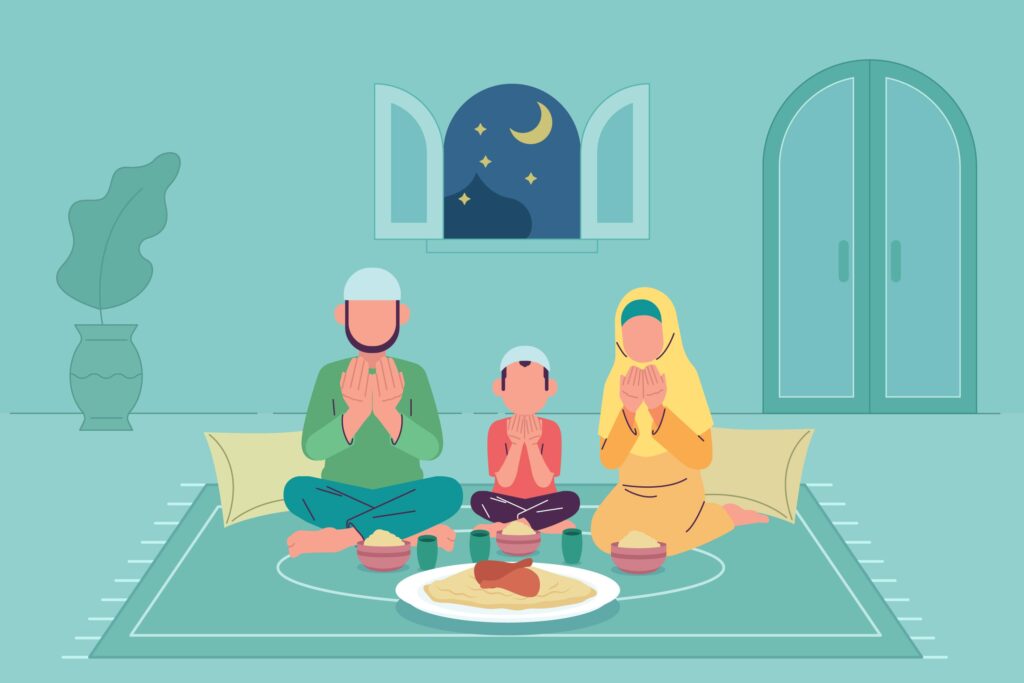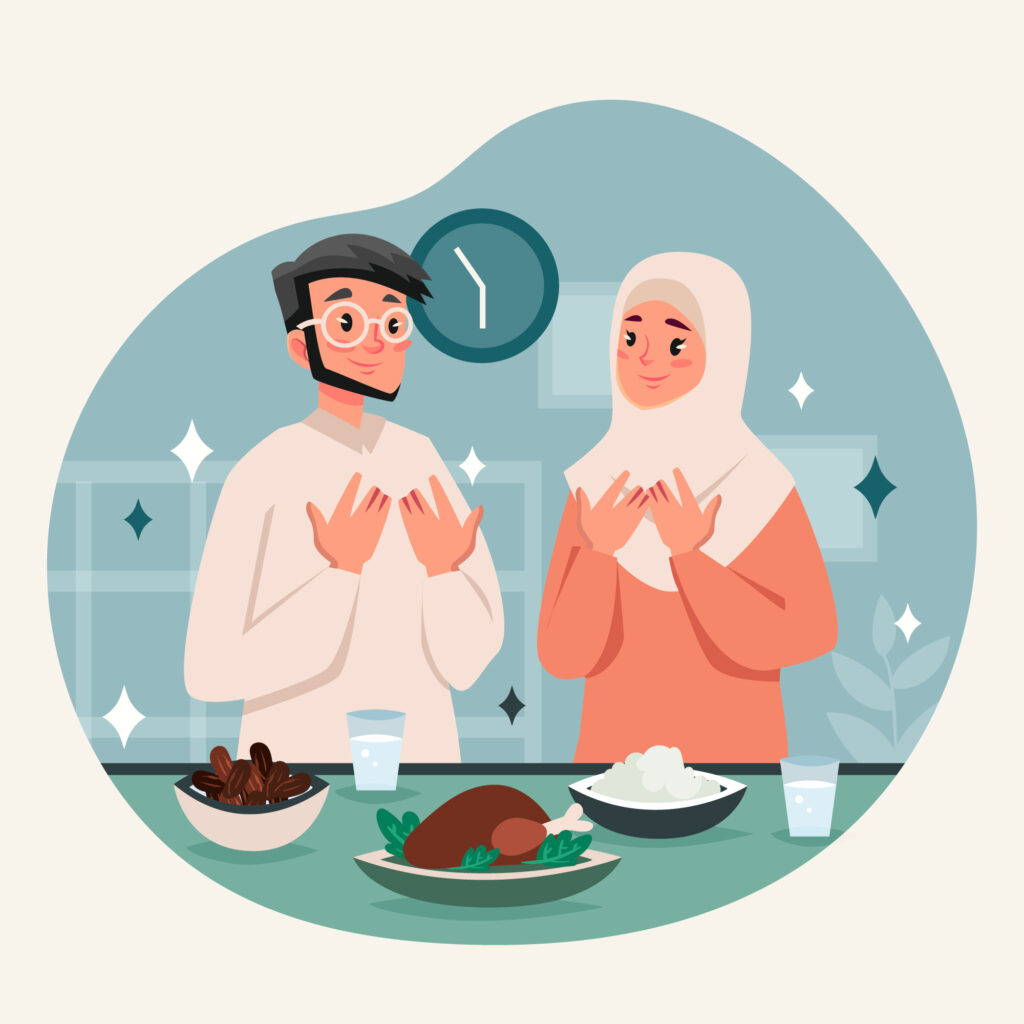Ramadan 101: Everything You Need to Know

Ramadan is a special time of year for Muslims around the world. It’s a month of fasting, prayer, reflection, and community, and it’s a really important part of the Islamic faith.
If you’re not Muslim, or even if you are but want a refresher, this blog post will break down what Ramadan is all about.
What is Ramadan?
Ramadan is the ninth month of the Islamic calendar. Muslims consider Ramadan a holy month, as it is believed to be the time when the Quran was revealed to their prophet, Muhammad.
Ramadan is a time for Muslims to deepen their faith, connect with God, and show compassion for those in need. This is often done through fasting, which means not having food and drink from dawn till sunset. This isn’t just about skipping meals; it’s about resisting temptation, practising self-discipline, and feeling empathy for those who are hungry.
Beyond fasting, Ramadan is a time for increased prayer, reading the Quran, and giving to charity. Many Muslims attend special prayers at the mosque called Taraweeh. It’s also a time for families and communities to come together, often sharing meals at sunset called Iftar to break the fast.
Who celebrates Ramadan?
Muslims across the globe observe Ramadan. Although fasting is a significant practice, it’s not expected of everyone. Considerations are made for those who may be vulnerable, such as children, pregnant or breastfeeding women, the elderly, and those who are sick.
It’s important to remember that everyone’s experience of Ramadan is personal, and what matters most is the intention behind it.
How you can support someone during Ramadan
If you know friends, classmates, or colleagues observing Ramadan, small gestures can make a big difference.
Being mindful of their fast by avoiding eating or drinking in front of them during fasting hours is a simple but thoughtful.
Understand that fasting, especially during warmer months, can be tiring, so be patient if they need breaks or have less energy.
Be understanding if they’re tired, as fasting can be physically demanding and tiring. They might need to take breaks or not be as energetic as usual, so be patient with them.
Be inclusive and invite them to join you for activities after they’ve broken their fast rather than before.
Sharing an Iftar meal with them is a great way to show your support.
Don’t be afraid to ask people you know about their experiences with Ramadan. It shows that you’re interested and respectful of their faith. But be sensitive and don’t push someone to talk about it if they don’t want to.
Struggling with Ramadan? Who to reach out to
Ramadan can be challenging. If you’re struggling, remember you’re not alone.
Talk to people you trust, such as your family and friends, about how you’re feeling. They can offer support and encouragement.
Your local mosque or religious leader can also provide guidance and answer any questions you may have.
Online communities can also help. Check out forums and support groups where you can connect with other Muslims who are taking part in Ramadan so you can share your experiences and connect with others.
If you’re struggling with your mental health, reach out for professional help. There are many organisations and services that offer support. You could start by contacting your GP or the Meic helpline for free information, advice and advocacy.






















